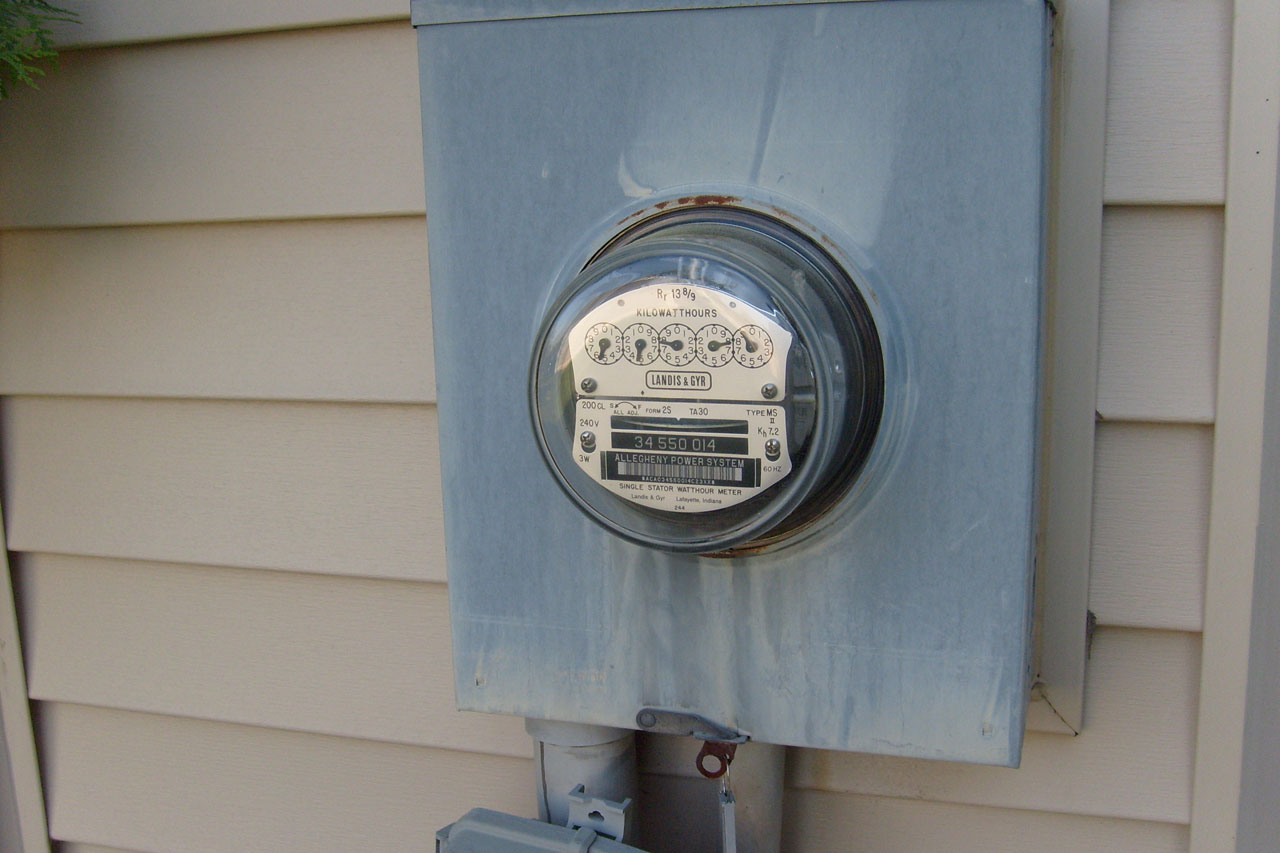Moratorium Extended for Utility Disconnection
State regulators voted to extend the moratorium Through Sept. 1.
State regulators have decided to extend a moratorium on utility shutoffs for residential customers through Sept. 1. The decision comes after a number of groups and Madison’s mayor asked the Public Service Commission to postpone disconnections.
In June, the PSC announced it would lift a temporary moratorium as part of an order issued in March that prevented utilities from disconnecting water, electricity and heat for customers who couldn’t pay their utility bills during the COVID-19 crisis. But the commission voted 2 to 1 to delay an order that would’ve allowed utilities to resume disconnections on July 25.
PSC Chairperson Rebecca Valcq said COVID-19 cases in the state have more than doubled since the commission first voted to lift the moratorium.
Commissioner Ellen Nowak voted against the extension. She cited steps that the commission and utilities have already taken to protect customers during the public health crisis, including efforts to set up payment plans and requiring utilities to postpone disconnections to those who have contracted coronavirus for at least 21 days.
“It’s only hurting the very people who we’re trying to help right now, because it’s kicking the can down the road, and we’re building in a larger rate increase for later,” said Nowak. “We have a lot of state assistance programs that haven’t been fully utilized by people if you need help paying your utility bill. There are resources there.”
Nowak noted that unemployment in the state dropped to around 8 percent in June, which is down from 12 percent in May. A commission survey of 187 utilities that submitted disconnection plans found more than 71,000 customers were eligible to have their service shut off. Nowak said that figure represented the worst-case scenario and less than 1 percent of all customers statewide.
Commissioner Tyler Huebner acknowledged the relatively few customers who may be impacted and agreed there would likely be consequences to all customers for extending the moratorium.
“Even with the low numbers, if anyone lost their life because their utilities were disconnected…in my opinion, I’m not going to vote to do that,” said Huebner. “We have to be responsive to the public health emergency.”
The Citizens Utility Board, which represents ratepayers, has urged utilities to provide more flexibility to customers.
“Clearly the COVID circumstances have changed, which is why we’re urging utilities to hold off (on disconnections),” said Tom Content, CUB’s executive director.
The consumer advocate group hasn’t asked for an extension, citing around $8 million in energy assistance that’s available through CARES Act funding.
The Sierra Club, Wisconsin Conservation Voters and Madison Mayor Satya Rhodes-Conway were among those that asked the commission to extend the moratorium during the COVID-19 crisis. Don Ferber, chair of the Sierra Club’s Wisconsin Chapter, hailed the commission’s decision in a statement.
“The health and economic impacts of COVID have been substantive, especially on communities of color, and to cut vital utilities during a hot summer when cooling, refrigeration and connectivity are all critical, would extend the disparate impacts we already see occurring,” wrote Ferber. “This is a great start towards responding to the inequities we have in our energy system and the need to provide affordable and just energy services.”
Madison’s mayor has noted many of their public cooling centers are closed because of the pandemic.
Utilities are required to suspend disconnections during a heat warning or emergency, according to the commission.
State Regulators Extend Moratorium On Utility Shutoffs For Residential Customers was originally published by Wisconsin Public Radio.
If you think stories like this are important, become a member of Urban Milwaukee and help support real, independent journalism. Plus you get some cool added benefits.
More about the Coronavirus Pandemic
- Governors Tony Evers, JB Pritzker, Tim Walz, and Gretchen Whitmer Issue a Joint Statement Concerning Reports that Donald Trump Gave Russian Dictator Putin American COVID-19 Supplies - Gov. Tony Evers - Oct 11th, 2024
- MHD Release: Milwaukee Health Department Launches COVID-19 Wastewater Testing Dashboard - City of Milwaukee Health Department - Jan 23rd, 2024
- Milwaukee County Announces New Policies Related to COVID-19 Pandemic - David Crowley - May 9th, 2023
- DHS Details End of Emergency COVID-19 Response - Wisconsin Department of Health Services - Apr 26th, 2023
- Milwaukee Health Department Announces Upcoming Changes to COVID-19 Services - City of Milwaukee Health Department - Mar 17th, 2023
- Fitzgerald Applauds Passage of COVID-19 Origin Act - U.S. Rep. Scott Fitzgerald - Mar 10th, 2023
- DHS Expands Free COVID-19 Testing Program - Wisconsin Department of Health Services - Feb 10th, 2023
- MKE County: COVID-19 Hospitalizations Rising - Graham Kilmer - Jan 16th, 2023
- Not Enough Getting Bivalent Booster Shots, State Health Officials Warn - Gaby Vinick - Dec 26th, 2022
- Nearly All Wisconsinites Age 6 Months and Older Now Eligible for Updated COVID-19 Vaccine - Wisconsin Department of Health Services - Dec 15th, 2022
Read more about Coronavirus Pandemic here























Why not just wait until spring then?